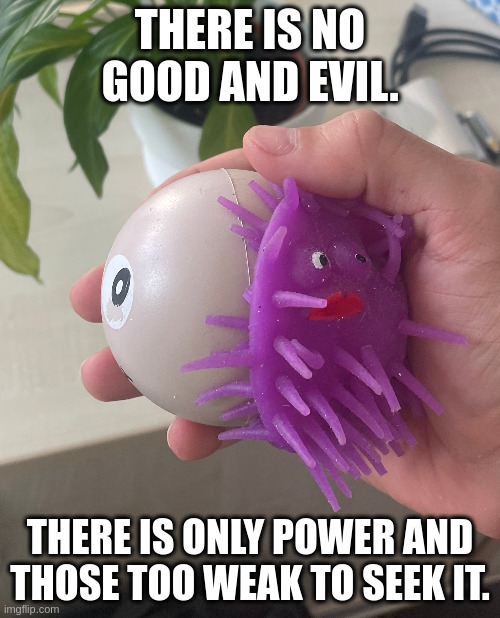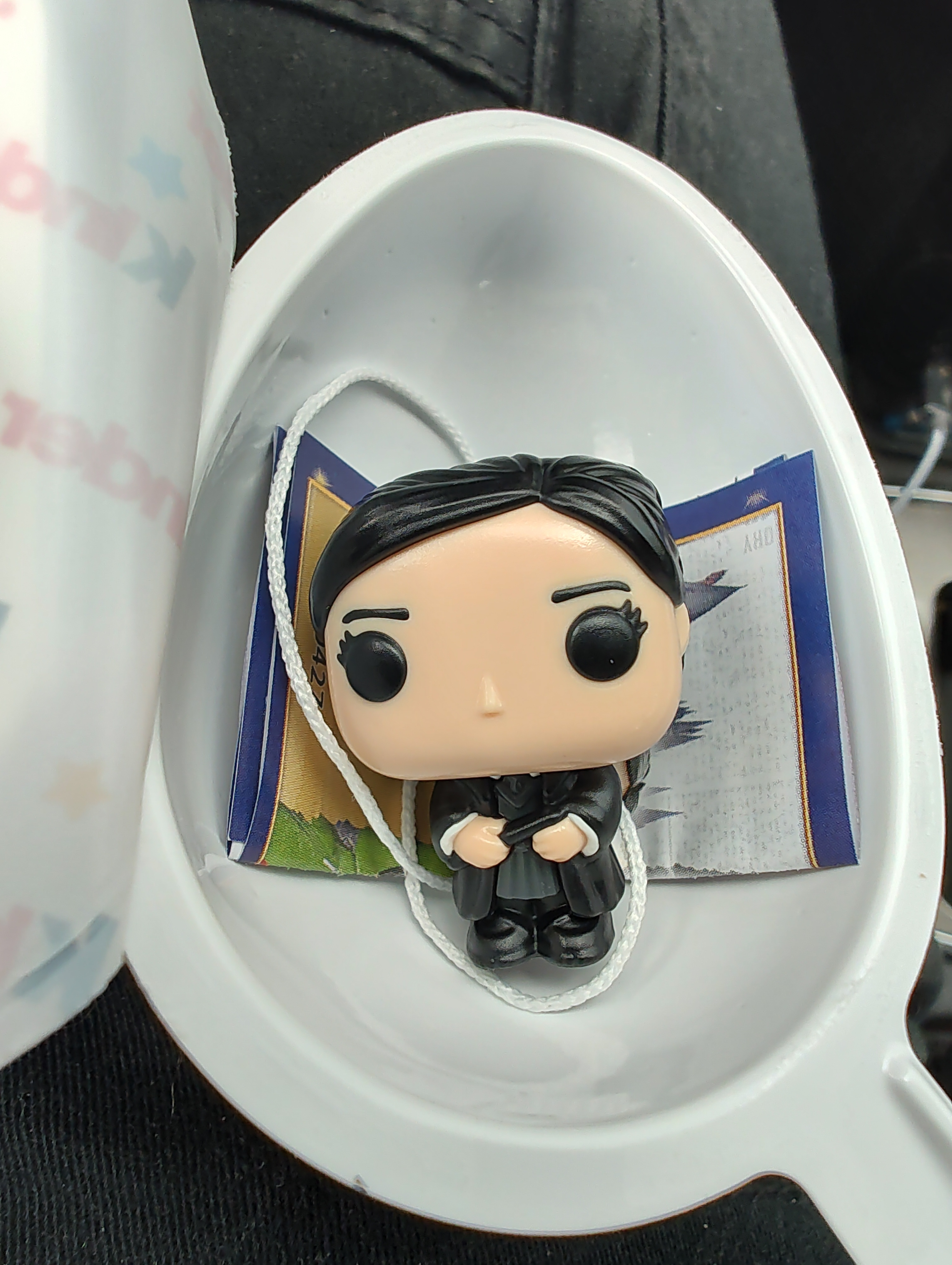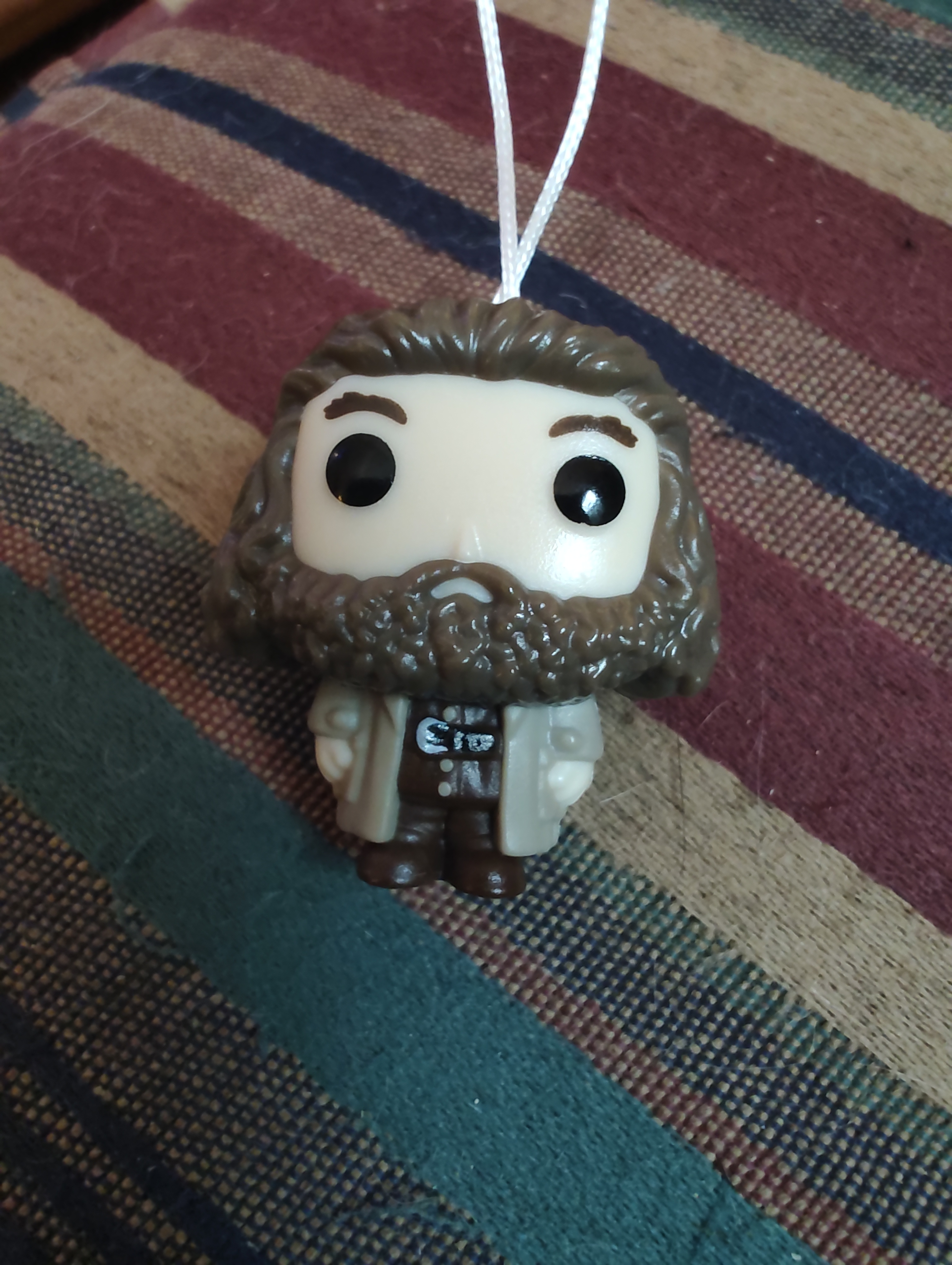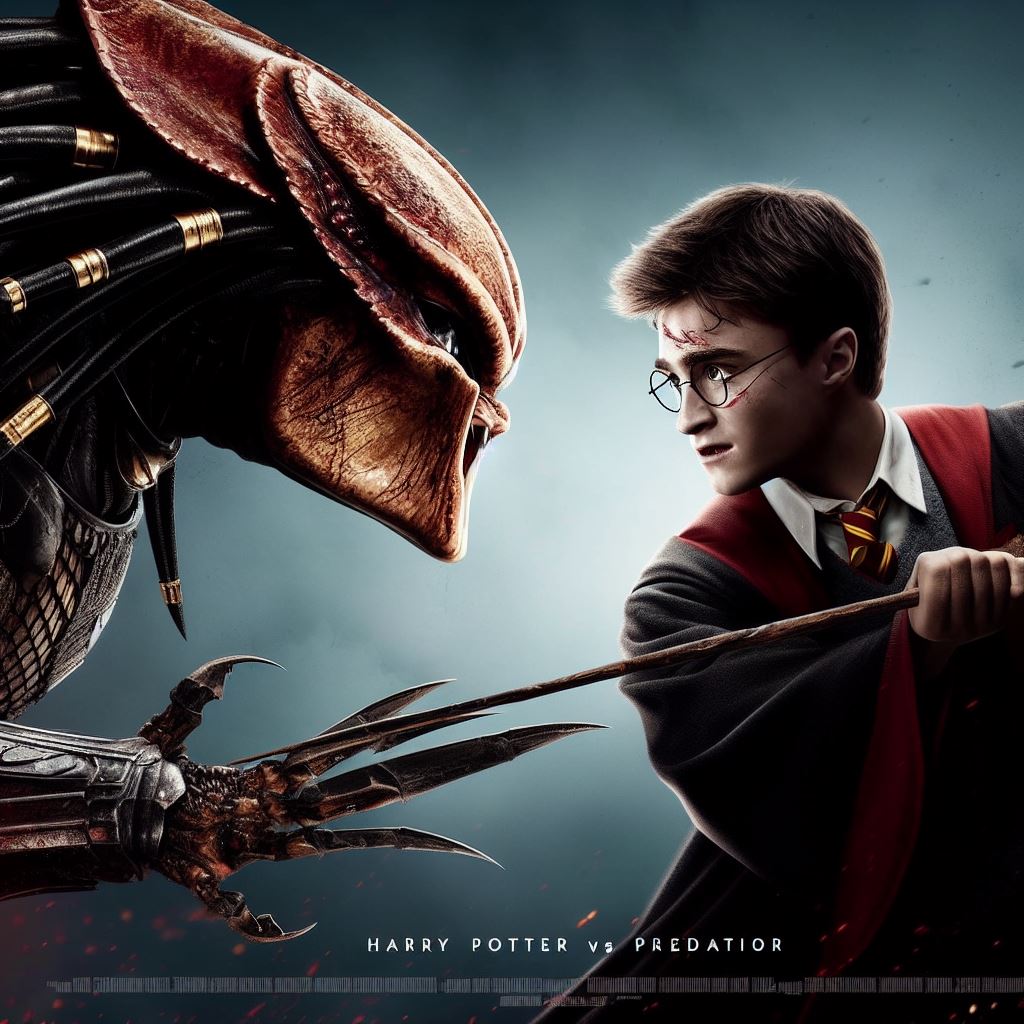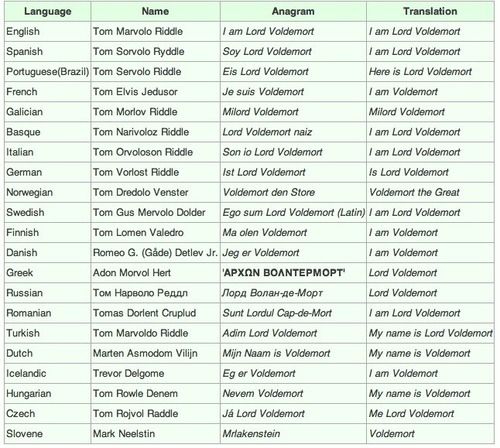The routine had already been rehearsed. A fight with the snake Nagini was supposed to send Harry Potter flying. And it certainly did that. David Holmes, Daniel Radcliffe’s stunt double, felt the impact, and it hurt. But that was the nature of stunt work. He was always taking a knock, and showing off another bruise.
The next day the team came back to perfect the routine. It still wasn’t quite as spectacular as hoped. So they did what they’d done hundreds of times before: added more weight to the pulley system that would launch Harry so that he would fly through the air faster.
“I knew straight away,” Holmes says today, 14 years later. “I knew I’d broken my neck. I was fully conscious.” He had hit the wall at pace and with such brutality that he was left flopping, like a puppet whose strings had been cut. His boss, the stunt coordinator Greg Powell, asked if he could feel his legs. He couldn’t. That day not only changed Holmes’s life for ever, it changed the lives of so many people on the set of Harry Potter and the Deathly Hallows: Part 1. Powell, who had to live with getting it wrong; best friend Marc Mailley, who had to take over from Holmes as the stunt double; actor Daniel Radcliffe, who had been coached in gymnastics by Holmes and adored him. And on it went.
Later that day, it was reported that there had been an accident in pre-production on the set of Harry Potter. “I remember seeing the news report on TV,” says Dan Hartley, then a junior member of the crew working as the video playback operator. “I got on the phone to one of the crew and he told me he’d heard it was Dave and something bad happened. For the next few days we were trading messages and we learned that Dave was paralysed.” Hartley had worked with the team for almost a decade. “Within a month we were meeting on the set and adjusting to this new norm, and it was horrific. I’d known Dave for almost 10 years and we were a very tight crew, and now he wasn’t there. Yet the team was still on the production. We’d lost one.”
I meet Holmes at his home in Leigh-on-Sea, Essex. The house would make the perfect setting for a futuristic sci-fi movie. Doors open and shut, lights switch on and off, a lift rises and descends at his command. “I designed the house in my head when I was on the spinal ward,” he says. “The technology I’ve put in place gives me as much independence as possible.”
Holmes grew up in Essex, the middle of three boys. His father is a deacon at the local Baptist church, his mother worked with disabled children for decades. He smiles. “Then her son goes and breaks his neck!” All three boys were super energetic – great fun, but hard work. At the age of five, an outreach team from British Gymnastics visited his school to check out the children’s potential. The three Holmes boys were supple and capable. “My mum took us to Havering Gymnastics Club and she discovered that not only was it the world’s best babysitter, it got rid of the excess energy we had.”
in 2000, he had turned professional and was working as Radcliffe’s stunt double in Harry Potter. For Holmes, it even beat Radcliffe’s job. “You get to be a character without the pressures the actors have. I get to inhabit that character and use my skills as a gymnast to enhance the story.” He was well paid for a glamorous job he loved, a star in his own field, yet he could retain his anonymity. Win-win.
Then there was the Potter family. “Greg was my film father from when I was 14. I was a member of his extended family.” Holmes and Mailley were inseparable, and he soon became close to Radcliffe “Initially, I was Dan’s PE coach. He’d come into the stunt office, we’d shut the door, and I’d let him be a kid. He’d be jumping off Portakabins on to trampolines. We’d do judo, boxing, sword fighting, anything he wanted to do that day. On the first two films he was like my little brother, and by the third film he’d grown into one of my best friends and still is to this day.” Then it all came crashing down.
Holmes knew there hadn’t been something quite right about the rehearsal the day before. Mailley suggested he should take Holmes’s place the following day. Holmes wouldn’t hear of it – it was his stunt and he would be doing it even if it meant taking another whack. At least it shouldn’t be as bad as yesterday, Mailley told him. “It was an old way of doing flight on a wire with weights that is not done any more. It’s banned in the film industry as a result of his accident across all major studios,” Holmes says. “The rehearsal the day before was violent and fast, but we went for something a bit faster and a bit more violent the second day. In stunt rehearsals we were constantly trying to push the boundaries of what stunt action could be, whether that is flying through the air or a 15-minute fight routine.”
So stunt coordinators just added weights on the pulley system to enhance the action? “Yes. I’m not going to go into any more detail. The repercussions from my accident mean nobody will be put in that situation again. And that’s enough for me. It’s much more sophisticated and controlled now.”
Did he sense it was dangerous at the time? “I hope you don’t mind, but I don’t want to relive the most horrific day of my life again. Is that all right?” he says gently. “Listen, thankfully for me, because of this film, my legacy on camera is not now me just hitting that wall 14 years ago. Maybe people will take some positives from the way I handled it, hopefully with a bit of dignity – even though all the dignity is taken away.” Among other things, the accident left him with terrible PTSD. “I’d hear the noise in my head of the crunching of my spinal cord. That would happen as I was falling asleep.”
When things get too upsetting, Holmes seeks refuge in humour. “There’s a lot of jokes I want to tell you, but I won’t.” Go on, I say. “Voldemort hit me with a spell –Wingardiumquadriplegia.” He laughs. “That’s a cracking joke. Part of me would love to do the Edinburgh festival.”
Look, he says, he was a stuntman – of course, he knew he was being paid to take chances. In hospital, despite being paralysed, he again began to feel he was lucky. “I was a stuntman, I did a risky job, and I was put in a ward with two boys who were there because of hate. One was caught up in the Mumbai terrorist attack – he’s now one of my best friends, Will Pike. The other boy, Oliver Hemsley, was walking on the road in Whitechapel and he was stabbed in the neck and the chest because he’s gay. Then they kicked a bottle of gin into his chest and he had to have his heart taken out [temporarily, and massaged]. They urinated on him as well. So I met real victims. Granted, it was not my fault, but it was a stunt accident and I did that job and I had to accept the risks. No stuntman should ever be doing that job unless you fully accept the risks.”
...
In one way, Holmes adapted astonishingly well to his disability – designing his new home from the hospital bed, comforting loved ones, telling his mother there was no point in being angry or bitter. He says Warner Bros, the studio that made the Potter films, acted admirably. “Roy Button, who was head of physical production and had given me many bollockings before, came to my bedside and said, ‘Don’t worry, there’s going to be a process, you’re going to be all right.’ I needed that voice of authority and they’ve always been supportive.”
Was he already worrying about the future financially? “Well, I’d just signed the mortgage. I was starting to own a home. Life was happening.” He had moved into the house with his then girlfriend. But the relationship did not last. “Everything changed. There is not one aspect of your life that is not affected by spinal injury. Nothing is the same.” He pauses. “Apart from one thing – watching a film. That’s the same, so I watch films.”
What was hardest to accept? “It’s all hard. It killed me that I couldn’t go back to work on Harry Potter. I wanted to see Harry through to the end. I’d read all of those books, picturing those action sequences. It killed me. The book behind you has even got my Post-it notes from where I read it and went, ‘There’s a stunt I might be doing.’ I could read the character and picture the stunts I was going to do. No one in the world had that, except me. Honestly, all I wanted to do was go back to work.”
Even though he knew he couldn’t return to work, he refused to accept that he had to change his lifestyle after the accident. He talks about a lost decade, then decides “lost” isn’t quite the right word. “It was a decade of decadence and fun. I’d say I wasn’t grown up enough. The thrills I used to get setting myself on fire and jumping off buildings, I was just trying to find that in the way I could.” Such as? “I’d take groups of people to Ibiza and blow thousands of pounds.” He travelled the world, drove ridiculously fast customised cars he could control with his hands, partied, drank and took drugs. “I was fortunate to have those experiences, but I wasn’t really dealing with this. I was putting it on the back burner and not accepting my disability for what it is, which is a life-changing thing.”
The Boy Who Lived is not just a moving examination of the devastation wreaked on Holmes’s life, but also the profound impact the accident had on others. Greg Powell was at the top of his game when it happened. He is a tough, charismatic, cigar-chomping man who comes from a line of boxers and stuntmen (his father and uncle were Nosher and Dinny Powell respectively). In one of the film’s most powerful moments, he breaks down. “I was the last one to touch him, when he could walk, and the first one to touch him when he couldn’t walk, and that’s an awful feeling. I feel choked up there proper. It hurts, cos I fucked his life right up. He’d have been doing anything he liked now,” he tells Hartley in the film.
Had Holmes been aware of the effect the accident had on Powell? “Yeah, he carries that scar on him every day.” He talks of his mentor with affection. “Greg’s legacy should not just be the stunt accident he was connected to through me. The legacy should be every working-class stuntman he opened the door for, all the action sequences he’s brought to the world, whether that’s Tom Cruise floating with the sweat dripping in the first Mission: Impossible or us making the first broomstick flight.” And has he become known for the accident? “Of course. Death by association. But you know he still goes to work, he takes great precautions with safety – double, triple, quadruple checking, not over-rehearsing stunts any more, not letting the director do too many takes when someone’s taking a whack.”
...
Is there anything he gained from the accident? “Yeah, hugely. I will always say breaking my neck made a man of me. For sure, 100%.” But he believes it’s only over the past few years that he has truly accepted his disability.
There have been terrible lows along the way. In 2019, when he had four spinal surgeries and a brain drain, his mother thought she was going to lose him. He says he was in such pain, he no longer cared. “I asked not to be resuscitated. I told my surgeon: if you get into complications, let me go. The mix of medication, pain and irritability all kicked into a state of hopelessness.” Did he actively want to die? “No, but I thought if it happens, I’ll be happy to. I’m cool. I’ve had a good crack.” How long did the hopelessness last? He grins. “Not long.”
He came back fighting harder than ever. Now, he says, there is so much he is doing and still wants to do. He has recorded 41 episodes of a podcast series called Cunning Stunts, in which he interviewed stunt performers with the help of his old friend Radcliffe. There is a lovely generosity to Holmes. As with Mailley, he tells me how happy he is to have seen Radcliffe, who is one of the producers on The Boy Who Lived, evolve and grow. “He’s my boy, isn’t he? I love him. I love him. I’m so proud of him. You think of how many child stars don’t make it through that pressure, that whirlwind. Every time I see his physicality, to know I had just a little input into that brings me joy.” What does he mean? “Look at him, he’s ripped!”
...
Then there’s his plan to launch a stunt studio to enable working-class kids to get a foothold in the industry. He was lucky, he says – Powell gave him his start. To become a professional stunt performer in Britain you have to sign up to the British Stunt Register. To do that, you need exceptional skills in at least six sporting disciplines. And it is almost impossible to acquire those skills without private coaching. Holmes was one of the few exceptions because he earned enough money as a teenager on the Harry Potter films to pay for his own coaching. “Right now we can only have posh boys training for the stunts register. Scamps like me who were born in Romford could not afford to train for the stunt register. We shouldn’t be in the situation where Marc can’t find black boys to double black actors because the socioeconomic background doesn’t allow for it. So that’s my big dream.” Another grin. “It would cost 35 million quid. But I’ve got some connections.”
One reason Holmes has renewed hope is that a year ago he began a relationship with Rosie, a woman who was left even more severely disabled than him after a car crash at the age of 19. “At the moment she has a team of 14 looking after her – her needs are more complex than mine. She’s beautiful. She’s all woman. I fell in love with her over words on email. The greatest way. I didn’t even see her face. It was so natural,” he says. “It took four people to get us close enough for our first kiss, but it was worthwhile.”
Despite his positivity, Holmes’s long-term prognosis is poor. His life expectancy is 65. “My dad’s 65 now. That’s a lot taken off. My surgeon said to me, ‘Breathing, speech and swallowing independently, you’ll be lucky to keep all three.’ That ain’t easy to face.” As for the pain, he says, it’s constant. “It feels like I’ve got 10 elephants standing on top of my head. I’ve got so little muscle structure holding its weight. I’d do 30 years in prison if I could do a handstand again. There’s no amount of fuckery compared to what I have to live with. This is hard. This is the biggest test I can think of, particularly for someone who needed to move as much as I did.”
He hopes the film will give people an accurate sense of his life, for good and bad. Is he pleased with it? “I haven’t watched it. I’m just not ready yet. I live it every day, I don’t need to see it. I know there will be a time in my life when I get in bed and won’t get out of it, and that’s when I’ll watch the film.” For now, he says, there’s no need to think about that time. “Why look death in the face? Push him down the road. Kick him up his arse.”
- David Holmes: The Boy Who Lived is on Sky Documentaries and Now from 18 November in the UK and on HBO on 15 November in the US.
article cut down to around half of original wordcount.
